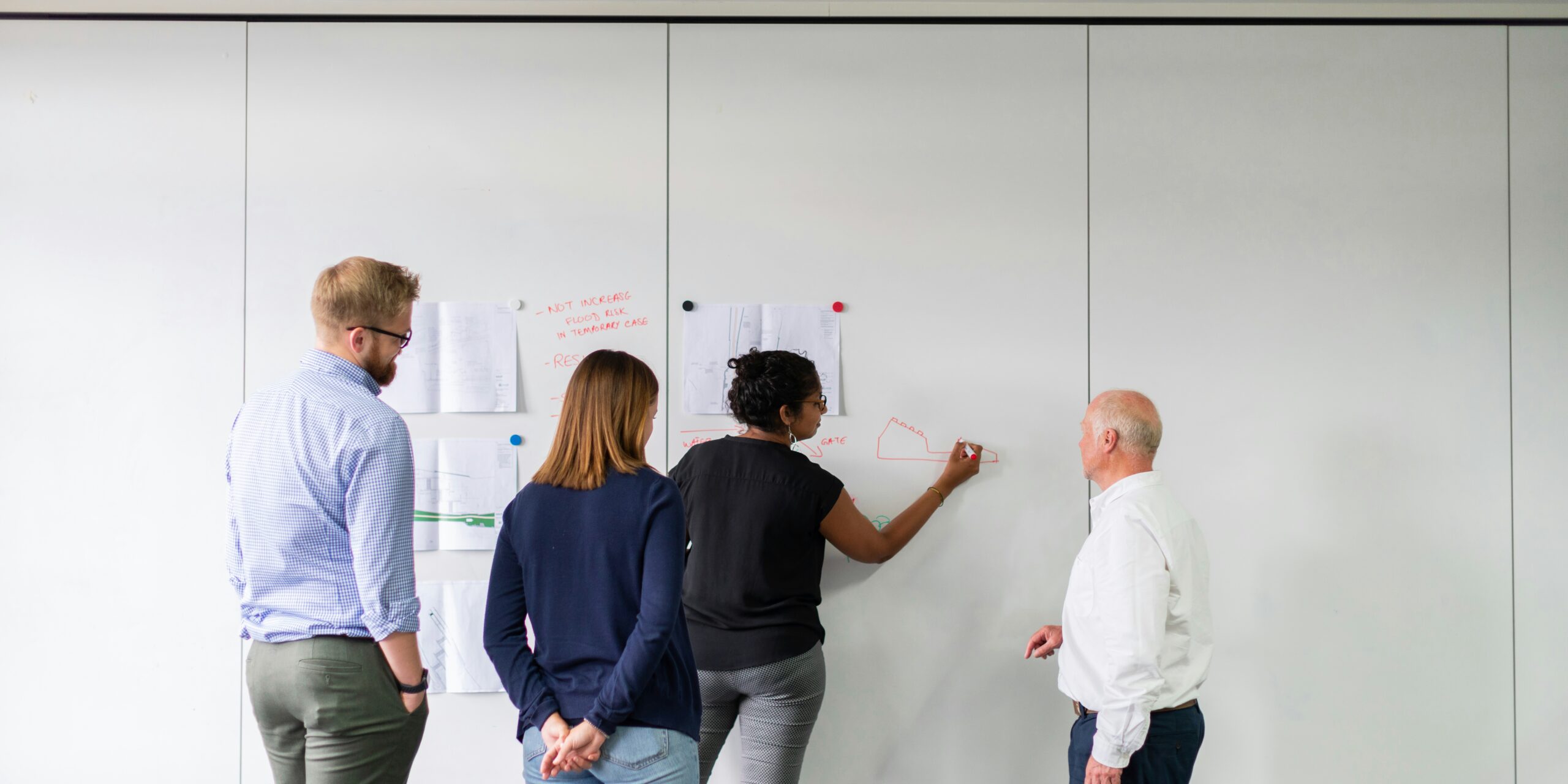Imagine stumbling upon an ancient treasure map, only to realize that the map is missing its key. Now, imagine that you are a new mentor in a company, eager to make a difference, but you lack the necessary guidance and support to do so. In both scenarios, you have the potential for something great, but without the proper knowledge and resources, you’re left feeling lost and frustrated. This is why providing a comprehensive mentor onboarding journey is paramount to successfully integrating mentors into your organization.
The Importance of Mentor Onboarding
Onboarding is a crucial process that sets the tone for a mentor’s experience within an organization. It’s the first impression, and as we all know, you only get one chance to make a good one. When done correctly, a well-structured onboarding journey can lead to increased mentor engagement, faster knowledge transfer, and improved overall workplace satisfaction.
Key Components of an Effective Mentor Onboarding Journey
Let’s dive into three key components that contribute to a successful mentor onboarding journey, and how you can implement them in your organization.
1. Clear Expectations and Goals
As one L&D professional puts it, “A mentor without clear expectations is like a ship without a rudder.” It’s essential to establish the goals and expectations of the mentorship program upfront. This includes discussing the mentor’s role, the mentee’s role, and the desired outcomes for both parties. Providing this foundation will ensure that both the mentor and the mentee are aligned and working toward the same goals.
2. Accessible Resources and Training
Another crucial aspect of mentor onboarding is providing access to resources and training materials. Fortune 500 companies invest heavily in their mentorship programs, creating bespoke resources and tools to ensure their mentors have the knowledge and skills required to make a positive impact on their mentees. As an L&D professional shared, “Giving mentors access to the right tools and resources can be the difference between a successful mentorship and a failed one.”
3. Ongoing Support and Communication
The onboarding journey doesn’t end once the mentor and mentee have been paired. Regular check-ins, feedback sessions, and open lines of communication are essential to keeping the mentorship on track and ensuring the mentor feels supported throughout the process. This continuous support also enables organizations to identify opportunities for improvement and address any challenges that may arise.
How Learnexus Can Help
Learnexus is a one-stop-shop for Learning & Development professionals seeking top-notch mentors and resources for their mentor onboarding journeys. By connecting organizations with an extensive network of qualified freelancers and providing time-saving tools, Learnexus makes it easier than ever to create and implement a successful mentor onboarding program. Whether you’re looking for specialized training materials, expert guidance, or simply need to fill a gap in your mentorship program, Learnexus has you covered.




